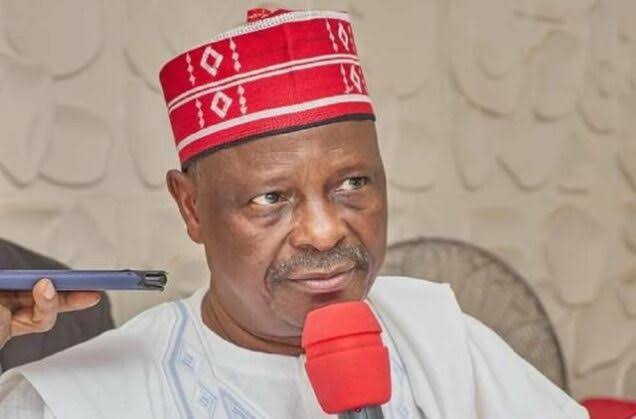Business
“Petrol price may drop below N600 if…” -PENGASSAN

The Petroleum and Natural Gas Senior Staff Association of Nigeria (PENGASSAN) has disclosed that the pump price of petrol could fall below ₦600 per liter if the naira appreciates significantly against the dollar.
Speaking during the association’s National Executive Council (NEC) meeting in Lagos on Thursday, PENGASSAN President, Comrade Festus Osifo, attributed the surging cost of petrol to the weak naira, emphasizing that transactions in the oil and gas sector are dollar-dependent.
Osifo explained, “If the naira strengthens to less than ₦1,000 per dollar, Nigerians will see a substantial reduction in petrol prices. However, without local refining capacity and a stable exchange rate, prices could escalate to as high as ₦1,300 per liter.”
He highlighted that local refineries, including the Dangote refinery, rely on crude oil priced according to international dollar-based benchmarks, which impacts domestic fuel costs.
Addressing Nigeria’s economic outlook, Osifo criticized the recently approved 2025 budget of ₦49 trillion, describing it as inadequate given the nation’s vast resources. “The ₦49 trillion budget amounts to only $30 billion due to the current exchange rate. This is insufficient for critical infrastructure like roads and power. It’s an abysmal figure for a resource-rich nation,” he lamented.
PENGASSAN also raised alarm over persistent failures in the power sector, revealing that Nigeria experienced 12 grid collapses in 2024 alone. According to Osifo, power generation remains stuck between 3,000 and 4,000 megawatts despite substantial investments.
He attributed the sector’s inefficiency to poor leadership, citing a lack of technical expertise in key agencies like the Ministry of Power and the Nigerian Electricity Regulatory Commission (NERC). “The power sector is highly technical. Appointing individuals without the requisite skills compromises its potential. Effective reforms require competent leadership,” he said.
While commending the federal government’s efforts to decentralize the power sector, Osifo emphasized the need for strategic leadership to maximize these reforms and ensure sustainable energy solutions.
-

 National News2 days ago
National News2 days agoBreaking: NCoS launches manhunt as 7 inmates escape in Osun
-

 National News2 days ago
National News2 days agoTinubu removes top govt official, appoints replacement
-

 Crime and Law2 days ago
Crime and Law2 days agoTerrorists storm church, kidnap female worshippers in Kebbi
-

 Crime and Law1 day ago
Crime and Law1 day agoUpdated: Police react to death of 14-year-old boy during traffic chase in Ibadan
-

 Metro News2 days ago
Metro News2 days agoMassive protest begins in Ibadan over police stray bullet killing WAEC candidate
-

 Health2 days ago
Health2 days agoNAF offers free medical care to over 700 Bauchi community to mark its 61st anniversary
-

 Politics2 days ago
Politics2 days agoFCT: APC pegs Chairmanship forms at N20m, Councillorship aspirants to pay N2.5m
-

 National News2 days ago
National News2 days agoOhanaeze, Southeast stakeholders endorse Tinubu for 2027




















